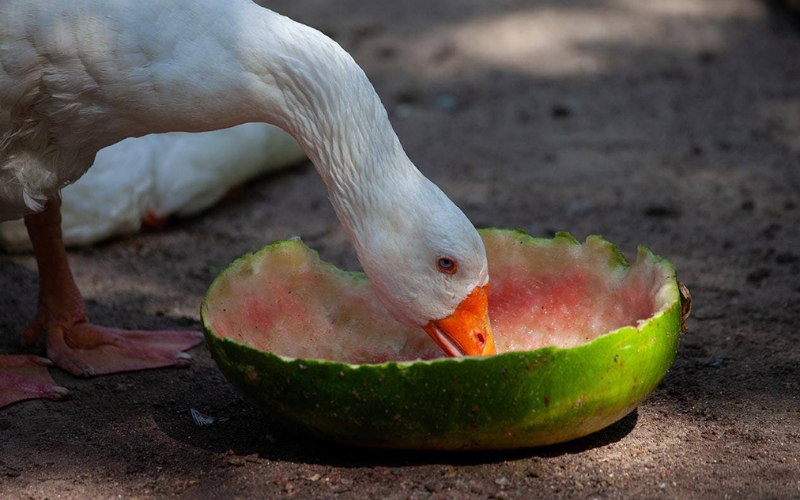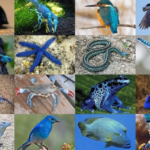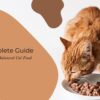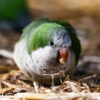- How Long Does A Quaker Parrot Live? - 17 May 2024
- 4 Hacks on Keeping Your Home Clean With Pets - 28 March 2024
- 5 Things to Know Before Bringing Home a New Kitten - 26 March 2024
Do you know birds love watermelon? Pet bird owners provide healthy and enticing food variety to their birds. Watermelon is high in natural sugar, which is excellent for birds. It’s perfect for hydrating them due to increased fluid content. Here, we will share the best strategy to feed birds watermelon.
Watermelon: A Nutritional Profile
With its vibrant red flash and refreshing juices, Watermelon is a summer treat for birds that make a healthy choice. Here, we are sharing the nutritional composition of watermelon and discovering the benefits it can offer:
Hydration
It is composed of approximately 92% water, makes excellent choice for staying hydrated, especially during hot summer. Its high water content can help replenish body fluids and maintain optimal hydration.
Vitamins and Minerals
Watermelon is a good source of various vitamins and minerals contributing to overall health. It includes vitamin C, essential for immune function, collagen synthesis, and wound healing. Watermelon contains vitamin A which promotes healthy vision and Vitamin B6 that supports brain function and the production of red blood cells.
Dietary Fiber
Watermelon contains dietary fiber in smaller amounts. It is essential in digestion, promoting regular bowel movement, and supporting gut health. Watermelon is not a significant source of fiber; every bit counts towards meeting daily fiber requirements.
Low Calorie and Fat Content
It’s a relatively low-calorie fruit, making it suitable for those watching their calorie intake. It’s naturally fat-free, making it a healthy option for individuals to maintain a balanced diet.
Is Watermelon Safe for Birds to Eat?
Watermelon is safe for birds and it’s a healthy and delicious treat. It is rich in nutrients, including vitamins A, B, B6, and C, but it’s a great source of hydration. Birds that eat watermelon are getting essential nutrients and plenty of water. Offering watermelon and other fruits can be healthy and beneficial for the birds.

Watermelon has a great water content of around 92%. The remaining fruit flesh consists primarily of carbs and sugar with fiber and protein. Apart from seeds, watermelon lacks the protein and fats that birds need. It could be a nutritious choice for the birds, but it needs to meet the nutritional needs of food.
Which Part of the Watermelon is Toxic?
Most parts of the watermelon are safe for birds, and they can eat the fleshy insides of the melon and seeds. They can enjoy the juice, although you don’t want to leave watermelon juice out for fermentation. Avoid feeding rinds because it can cause issues for birds.
Can Birds Eat Watermelon Seeds?
Watermelons come with seeds and others don’t. You can take the scraps from the watermelon and place them in the yard for your birds when I carve a watermelon and keep out the seeds and juice for the birds instead of throwing it away into the trash. Seeds are an ideal calorie source for most backyard birds. The seeds might catch the bird’s attention if you supply watermelon in your feeding area.

Seedless varieties are not entirely seedless, but they contain fewer smaller, softer, and lighter seeds that are easier to eat. Seeds contain multiple nutrients and minerals, including copper, potassium, magnesium, zinc, and folate. These dietary elements suit birds’ feathers, bones, hearts, and metabolism.
How Do You Feed Watermelon to Birds?
Feeding watermelon to birds can be the best way to attract them to your backyard and provide a juicy treat. Here are some tips to safely offer watermelon to birds:
Fresh and Ripe
Choose a ripe watermelon that is fresh and free from mold or signs of spoilage. Birds prefer to eat fruits that are ripened.
Seedless or Seeded
It depends on the bird species you want to attract; you can choose either seedless watermelon or with seeds. Some birds, like sparrows and finches, enjoy pecking at watermelon seeds, while others prefer the seedless variety.
Cut into Bite-Sized Pieces
Slice the watermelon into small, bite-sized pieces that birds can handle. They have tiny beaks, so smaller pieces are more manageable for them to eat.
Keep it Fresh
Monitor the watermelon slices and remove any spoiled or dried pieces. Replace with fresh pieces to ensure birds have access to the tastiest and safest portions.
Can Baby Birds Eat Watermelon?

Baby birds have specific dietary needs that differ from those of adult birds. They require a specialized diet that provides optimal balance of nutrients for healthy growth and development. They have delicate digestive systems that are adapted to process specific types of food. Feeding watermelon to baby birds can cause digestive upset, diarrhea, or other gastrointestinal issues.
Learn Also: Can Parakeets Eat Watermelon?
Can Wild Birds Eat Watermelon?
Yes, wild birds can have watermelon to eat. It’s an excellent part of a bird’s diet. Organically grown watermelon will help the bird’s immune system due to vitamins such as vitamin C and other nutrients.
Final Thoughts
These are the nutritional benefits of watermelon that could be provided to birds. Make sure to keep the tasty snack safe by removing the rind. When you have served the watermelon to your birds, sit back and enjoy watching them eat. Do let us know how you feed watermelon to birds.
















